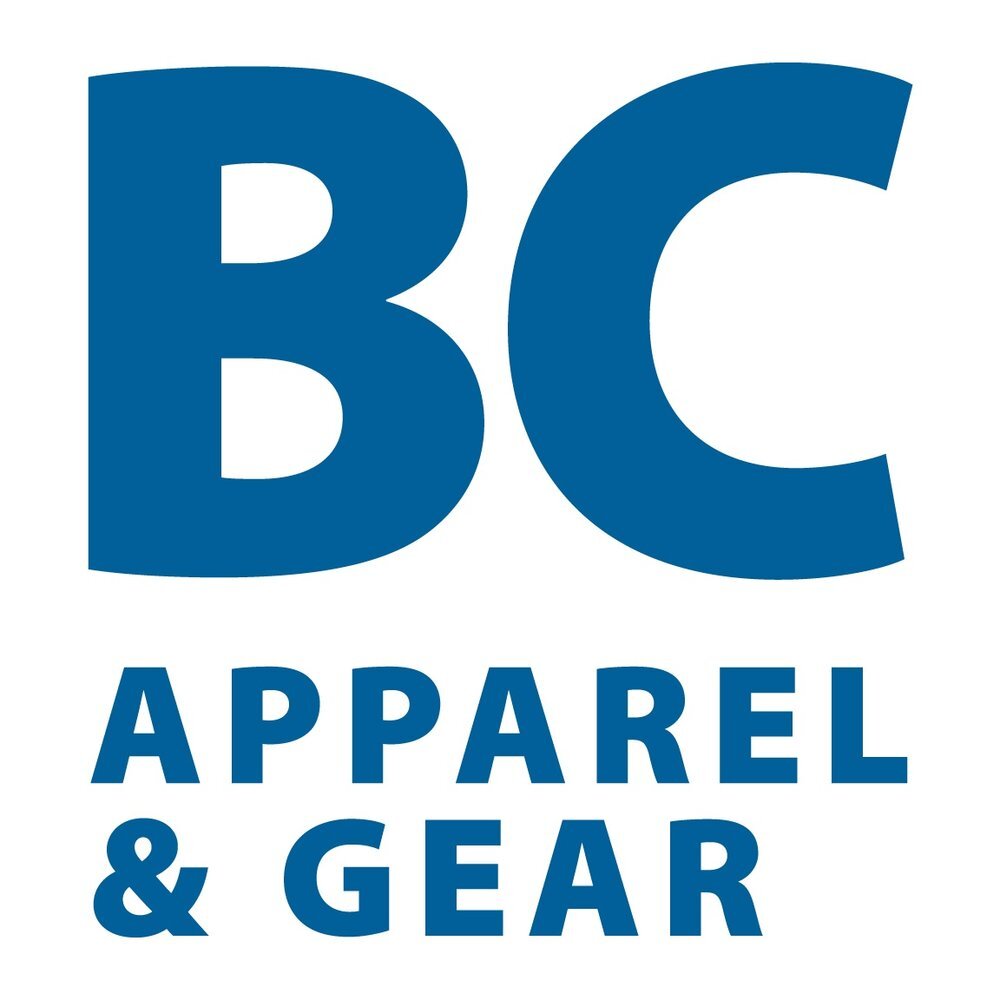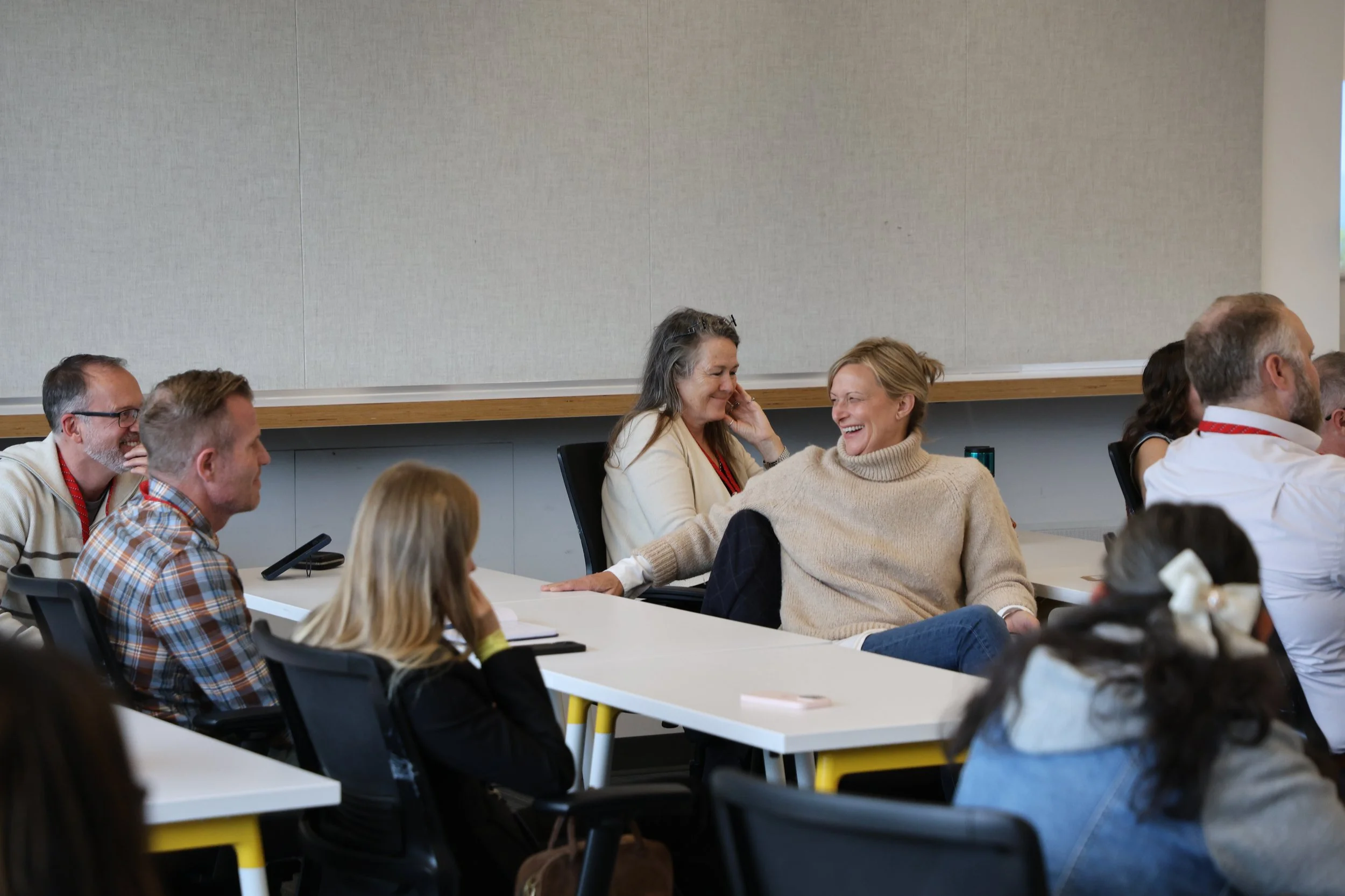As global trade tensions continue to shift, BC-based apparel and gear businesses are paying close attention to U.S. tariff changes. These changes can impact supply chains, raise costs, and make it harder for local brands to compete. In response, the Province of British Columbia has launched a comprehensive support strategy to help businesses adapt, grow, and stay resilient.
Whether you’re designing technical gear, manufacturing apparel locally, or exporting BC-made products, the provincial response includes programs that can directly support your operations, reduce risk, and unlock new opportunities.
What’s in BC’s Tariff Response?
British Columbia’s and Canada’s Response to U.S. Tariffs includes a coordinated three-point plan:
Respond
Appealing directly to American decision-makers and staying united with Canada to respond through nationally coordinated retaliation if required.
Strengthen
Fast-tracking major projects that create good-paying jobs and increase local economic resilience.
Diversify
Finding new markets for B.C. goods and reducing trade barriers within Canada to lower our reliance on U.S. trade.
Key Supports for BC Apparel and Gear Companies
The Province is spotlighting programs and resources designed to help local businesses, including apparel brands, manufacturers, and gear companies, stay competitive, scale up, and innovate, even in times of trade uncertainty:
Get one-on-one support to explore new markets for your apparel or gear business. Whether you’re targeting Asia, Europe, or new regions across Canada, this program sets you up with the resources and support you need to export.
Who is eligible: All businesses located in B.C.
Perfect for growing apparel brands, TAP offers essential strategies, resources, and mentorship to help businesses scale and develop effective export plans. This proven program equips small and medium-sized enterprises with the tools needed to expand internationally, providing hands-on support to tap into new markets and achieve measurable results in global trade.
Who is eligible: Available to all businesses in B.C.
Trade and Invest BC can help your businesses expand globally by connecting you with international buyers, distributors, and suppliers. With a network across markets like China, Japan, and Europe, they provide resources to grow sales, broaden opportunities, and boost competitiveness.
The BC Manufacturing Jobs Fund supports manufacturing companies with funding for capital projects that drive innovation and growth. The program helps businesses modernize operations, adopt new technologies, and enhance competitiveness.
Note: While the fund is closed, stay tuned for future opportunities to elevate your apparel and gear manufacturing capabilities.
Who is eligible: Businesses, for-profit organizations, entities with for-profit manufacturing operations, including First Nations and Indigenous- and First Nation-owned enterprises.
CleanBC offers funding to help B.C. businesses reduce emissions, adopt clean technologies, and improve energy efficiency. See rebates and incentives page for what is currently available.
Who is eligible: See program pages for eligibility.
This initiative can help apparel and gear businesses test innovative technologies in real-world settings through approved testbeds. Projects must support decarbonization, productivity, competitiveness, or health and safety. IM offers a pathway to generate performance data, secure a major reference customer, and support scale-up and export growth.
Who is eligible: Eligible companies operating within the three approved testbeds may submit a project proposal to the IM program upon agreeing to IM’s program conditions.
👉 Browse the full list of provincial support programs here.
Why It Matters to Our Industry
The BC apparel and gear sector is uniquely positioned. We create locally, compete globally, and lead with innovation and sustainability. Tariff shifts can affect everything from raw material costs to sales strategy. These supports can help you:
Offset increased costs through innovation and modernization
Access new markets beyond the U.S.
Strengthen local supply chains and production capabilities
Future-proof your operations and stay competitive
Add Your Voice
The Province is actively engaging with BC businesses to shape a meaningful response. If you’re experiencing challenges or have insights from your work in the apparel and gear space, your input is welcomed.
📬 Submit your feedback here.
Stay Connected
By planning ahead and making the most of available support, BC apparel and gear companies can stay resilient and ready for whatever comes next. The provincial approach is clear: respond strategically, build locally, and grow globally.
Together, we can shape a resilient future for BC’s apparel and gear industry.













